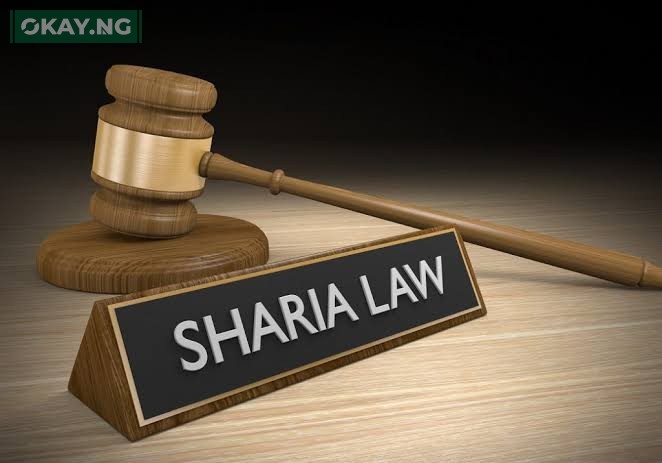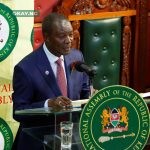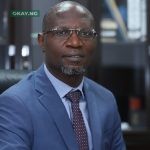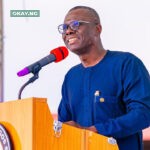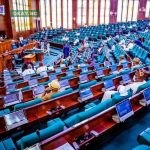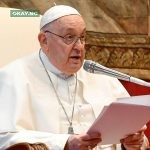Islamic clerics in Nigeria’s South-West are urging Muslims to withhold their votes from politicians who oppose the establishment of Sharia courts.
With the 2027 general elections approaching, this campaign is gaining traction, as religious leaders emphasize the need for Islamic legal structures to be acknowledged and implemented in the Yoruba-dominated region.
Sheikh Ridwan Jamiu, the Chief Imam of Lekki Central Mosque, is one of the leading voices in this movement. During a recent Jumu’ah sermon, he stressed that any politician seeking Muslim support must pledge to create Sharia courts.
“Oh Muslims, as elections approach, any candidate seeking your support for governorship must pledge to establish Sharia courts. If they refuse to sign an agreement with the Muslim community, do not vote for them,” he declared.
The push for Sharia courts in the South-West is not a new demand. In October 2024, the Supreme Council for Islamic Affairs launched an independent Sharia Arbitration Panel in Ekiti State.
The panel, overseen by three Kadhis—Imam Abdullahi Abdul-Mutolib, Imam Abdulraheem Junaid-Bamigbola, and Dr. Ibrahim Aminullahi-Ogunrinde—aims to provide arbitration in line with Islamic legal principles.
Supporters argue that such courts would cater to personal and family disputes within the Muslim community while respecting the rights of other religious groups.
However, opposition to the initiative has emerged from various stakeholders. Ogun State Governor, Dapo Abiodun, has stated that Sharia courts do not fall within the state’s recognized judicial system.
“No Sharia court is authorized to operate within Ogun State. The courts legally empowered to adjudicate disputes are those established by the Nigerian Constitution or state laws,” he asserted.
Amid resistance from some state authorities, the Secretary-General of the Nigerian Supreme Council for Islamic Affairs, Prof. Is-haq Oloyede, defended the initiative. He argued that the presence of Sharia courts could contribute to regional stability.
“For sustainable peace, there is nothing wrong with Muslims having Sharia courts in the South-West,” he stated.
The conversation surrounding Sharia courts has also drawn responses from other religious bodies. The Catholic Church has expressed concerns over the implications of implementing Islamic law in the region.
Rev. Fr. Lawrence Emehel, Director of Mission and Dialogue at the Catholic Secretariat of Nigeria, urged caution, highlighting the importance of protecting the rights of all religious groups.
“The Nigerian Constitution actually allows Sharia law to be implemented, especially on personal issues such as marriage and inheritance. But issues of infringing on other faiths’ rights should be greatly considered,” he noted.
Despite opposition from various quarters, Muslim leaders remain firm in their position. Sheikh Daood Imran, National President of Jama’at Ta’awunil Muslimeen, reinforced the belief that Muslims should only support politicians who align with their religious legal aspirations.
“No Muslim should vote for any politician who is against Sharia. Any Muslim who does so has sinned against God and is unwise because they are denying themselves the right to practice their religion as stipulated,” he stated.


